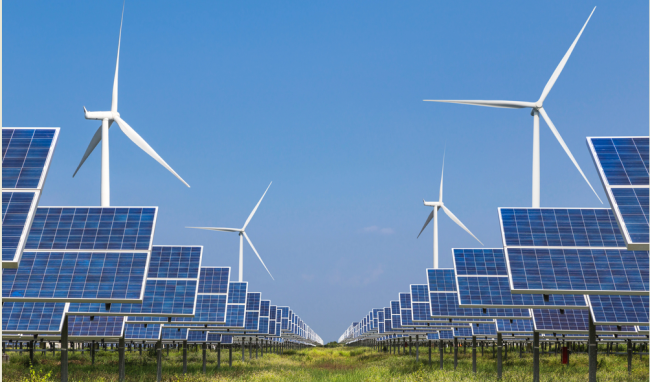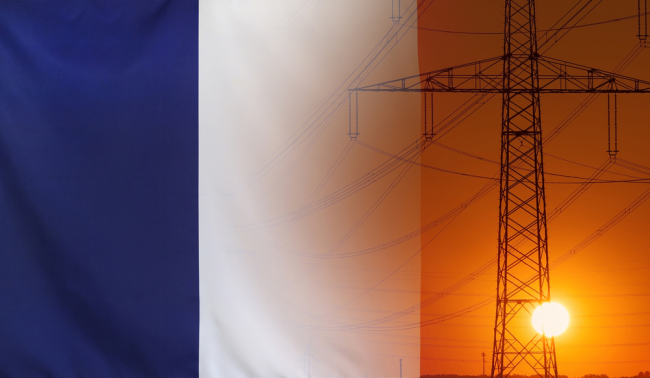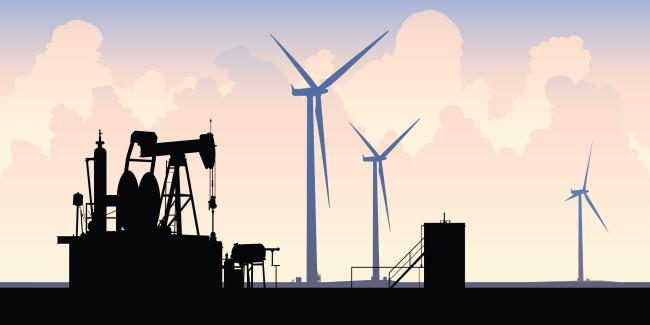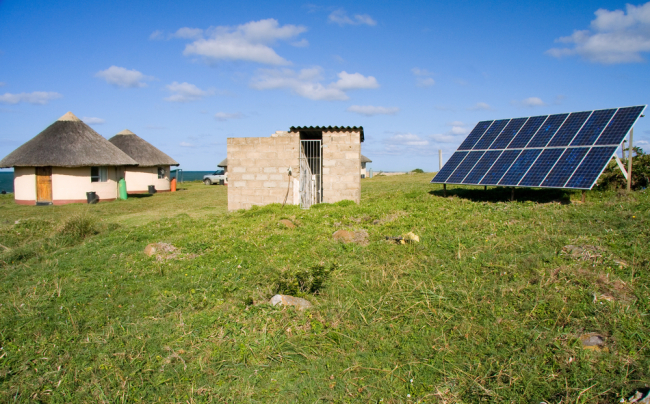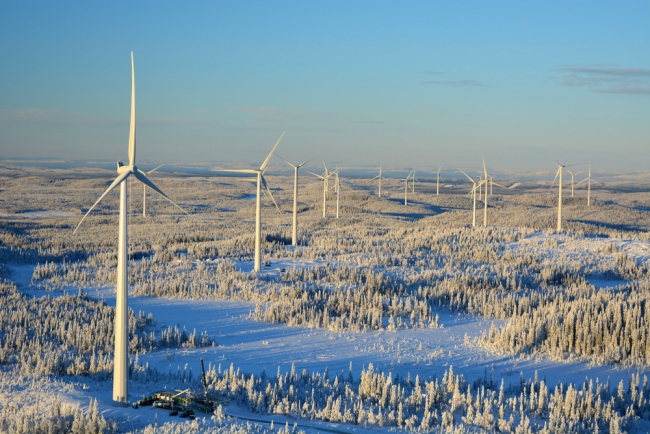Reforming the EU electricity markets - Florian ERMACORA
Florian Ermacora, Head of the Internal Energy Market Unit in DG Energy, explains how the Clean Energy Package will improve the functioning of the internal electricity market, and how the new market design will help integrating larger shares of renewables.
The Landscape of Renewable Energy Sources in Europe in 2030
The study analyses the European rules designed to promote renewable energy, highlighting their innovations and the difficulties they will raise. The study highlights the consequences of some of the measures envisaged and pays particular attention to the electricity market.
What Perspectives on the US Oil Policy ?
This Edito highlights how oil, since its discovery in 1859, has played a major role in the US international policy and economy throughout decades, becoming a key tool of the american leadership.
France: Reducing Nuclear Dominance and Promoting a Low Carbon Energy System
This chapter covering the French energy transition model is part of a broader study conducted by the Institute of Advanced Sustainability Studies (IASS), in preparation of the German Presidency of the G20. Based on the analysis of fourteen national strategies, the IASS study considers the potential of the G20 to shape a global transition to sustainable energy, urgently needed in order to achieve the United Nations' climate and sustainability goals.
The Energy Transition in a Scenario of Sustained Low Fossil Fuel Prices
This HET report assesses the impact of sustained low fossil fuel prices on the transition to a low carbon energy system.
Sustainable Development Goals: The EU at the Global Partnership Forefront
In September 2015, the United Nations General Assembly adopted the 2030 Agenda for Sustainable Development; featuring a set of 17 measurable and time-bound Sustainable Development Goals (SDGs) with 169 associated targets for 2030. This Hot Energy Topic analyzes advancement to SDG7 (access to a clean energy) and SDG13 (combat and adapt to climate change) in Africa through the prism of SDG17 (partnership).
The Energy Transition in Sweden
This study analyses the evolutions of Sweden's energy choices, including in terms of nuclear power policy, carbon tax and renewable energies development. Considered as one of the most outstanding example of successful energy transition, Sweden might well face difficulties similar to those of other European countries in the near future.
The Role of Sub-National Actors in Climate Change Policy. The Case of Tokyo
Tokyo is known as a pioneer throughout the history of Japan’s environmental policy, often being compared to California in the United States or Paris in France. Following the global trend of growing local initiatives tackling climate change, Tokyo introduced a cap-and-trade scheme in 2010 ahead of a national implementation.

Middle East, the new "Great Game"
Will a divided Middle East become the center of a new “Great Game”? The world’s global powers are aligned in it: the United States, falsely tempted by retraction; Russia, establishing its position in an unexpected state of play, France, destabilized by the contradictions of its own policy… In addition are tussles for regional hegemony between Iran, Turkey, and Saudi Arabia.
Sustainable Electrification for Asia and Africa
Complementary solutions to national grid extensions let hope for significant improvements in the field of energy access, consistent with current economic and environmental challenges. This Note explores the regulatory and economic prerequisites that must be enhanced in order to support the emergence of mini-grid and off-grid technologies.
Support independent French research
Ifri, a foundation recognized as being of public utility, relies largely on private donors – companies and individuals – to guarantee its sustainability and intellectual independence. Through their funding, donors help maintain the Institute's position among the world's leading think tanks. By benefiting from an internationally recognized network and expertise, donors refine their understanding of geopolitical risk and its consequences on global politics and the economy. In 2024, Ifri will support more than 70 French and foreign companies and organizations.






